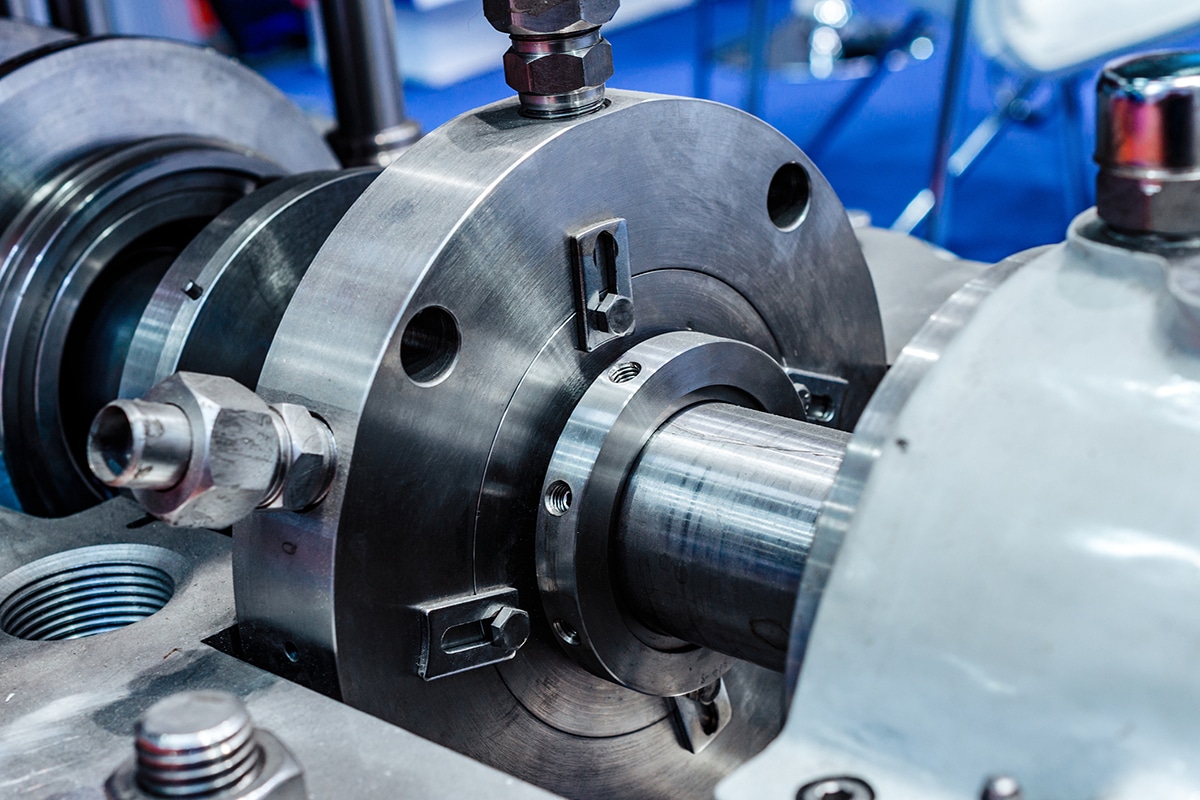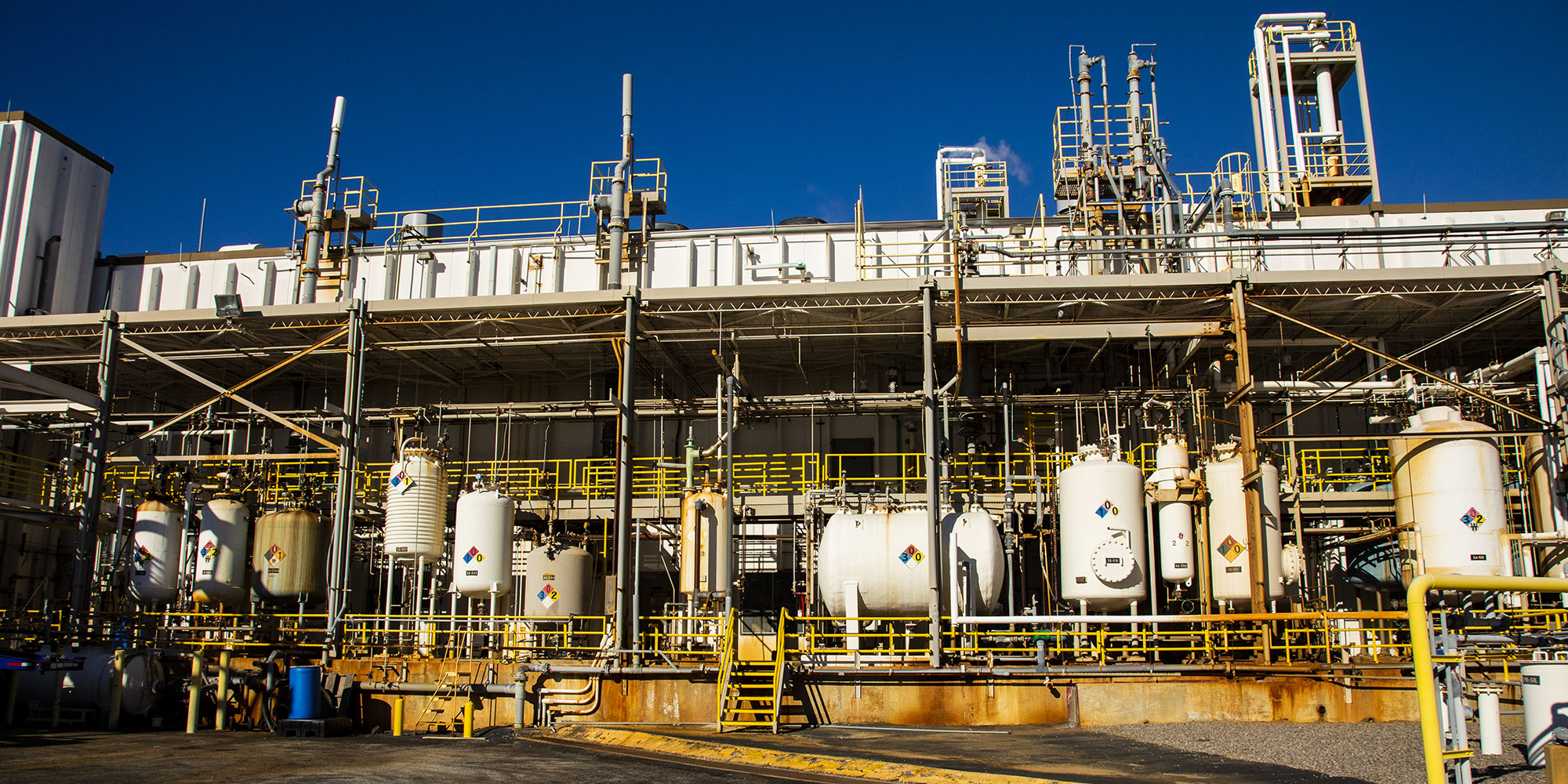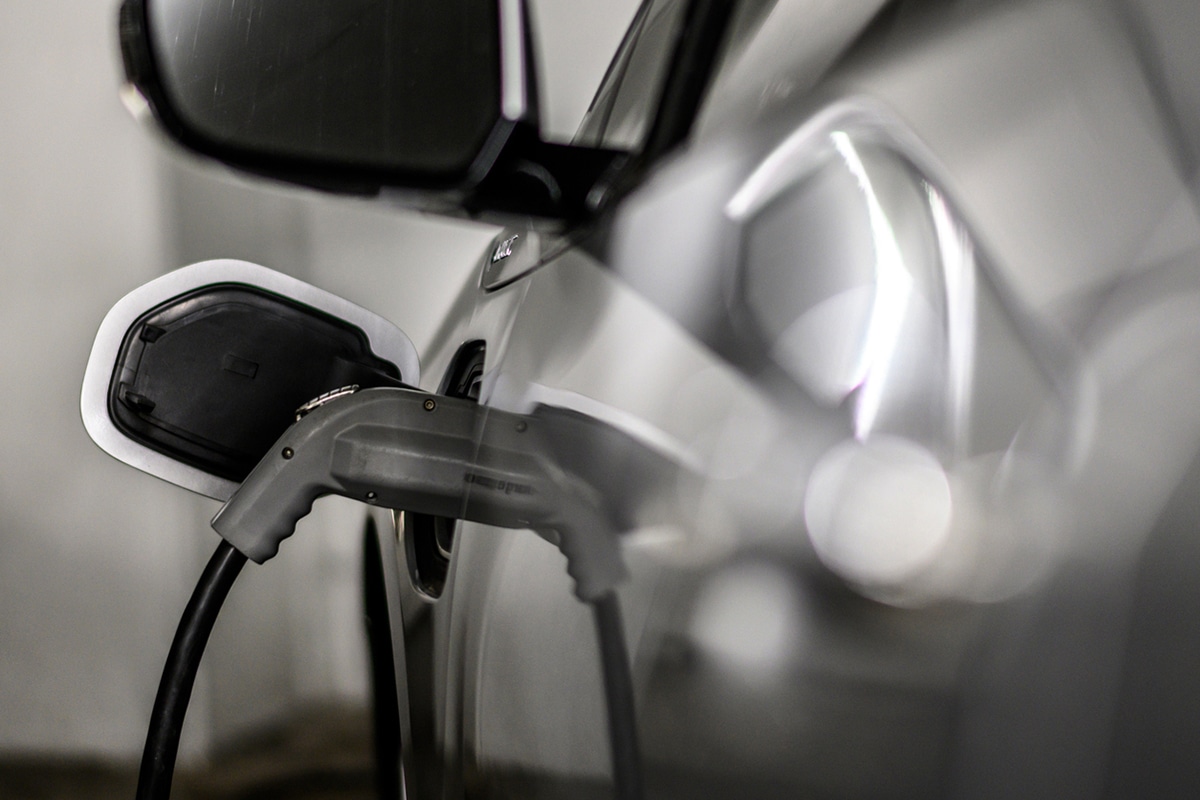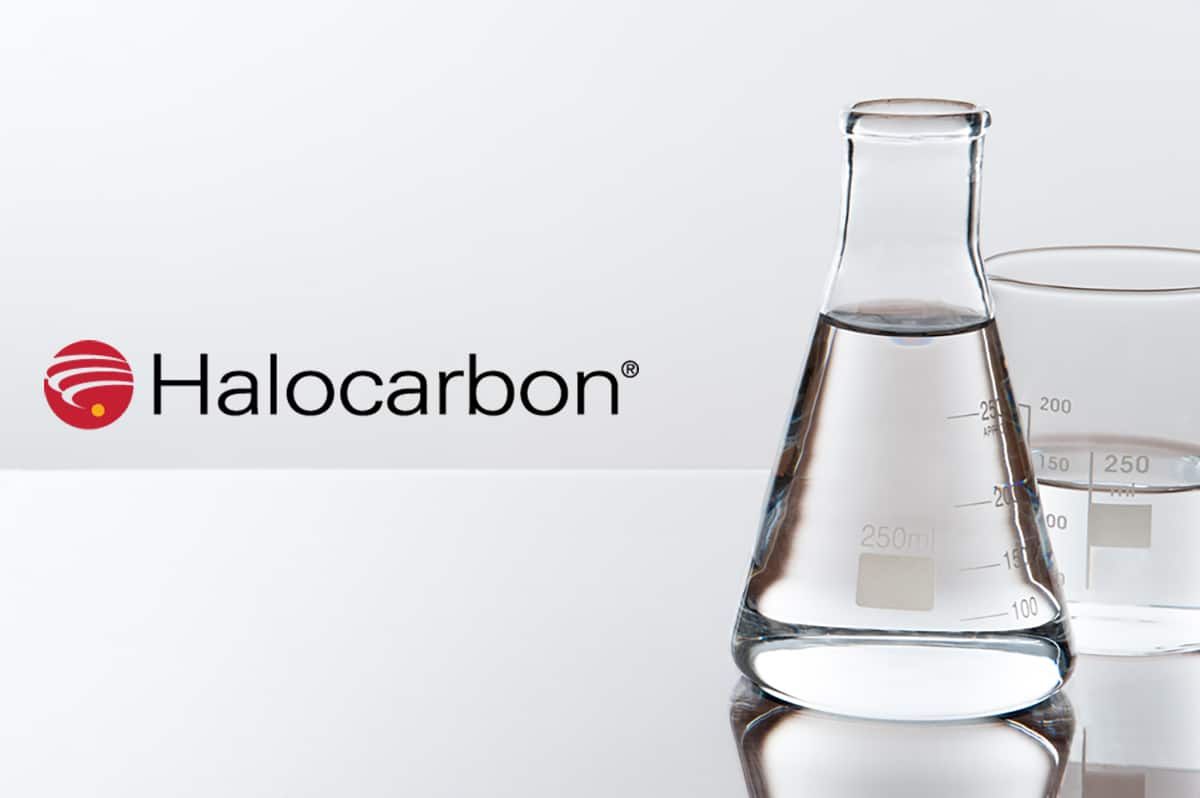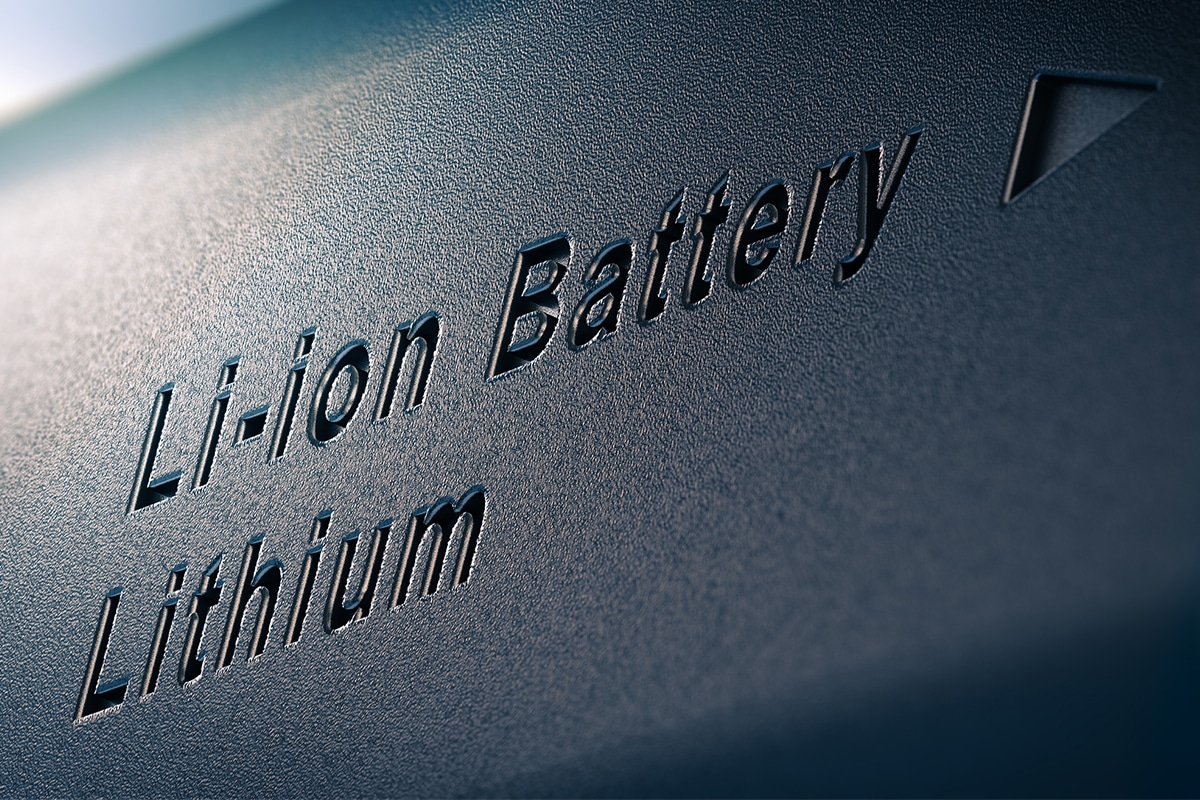
Halocarbon Electronics Solutions Fluorochemistry Drives Technology for Flexible Displays
Flexible displays are entering the markets at an accelerating rate. These displays are revolutionizing user experience through high-performance organic light-emitting diodes (OLEDs) with the ability to bend and fold to enable significant advancement in the touchscreen industries, including smartphones, tablets, laptop computers, B2B displays, televisions, and more. Flexible displays offer a unique experience and novel

